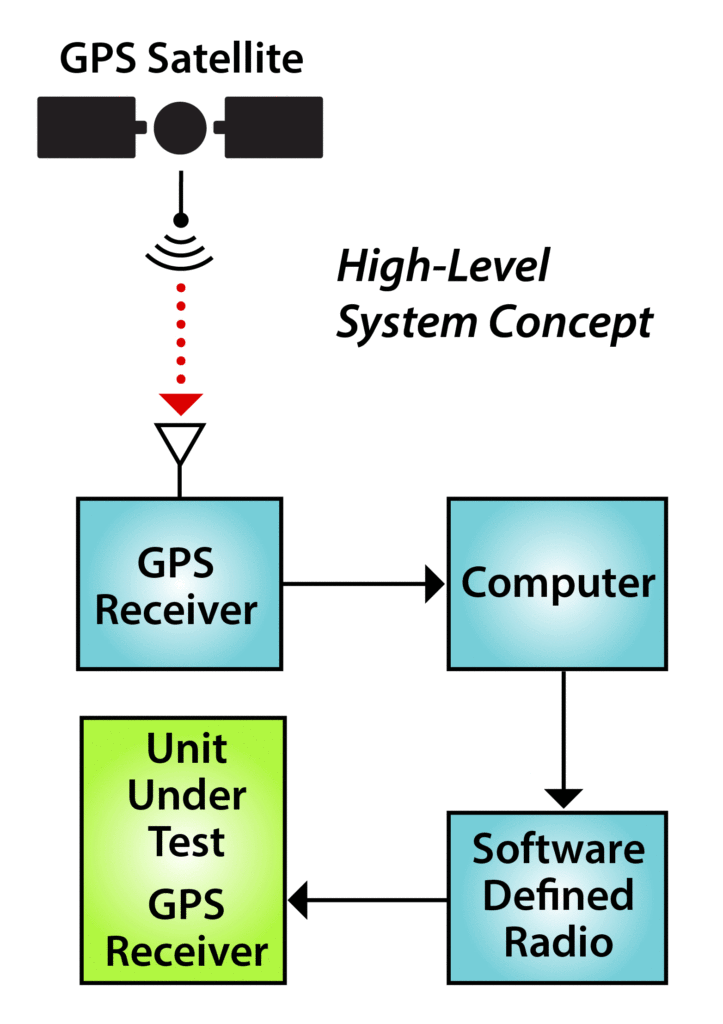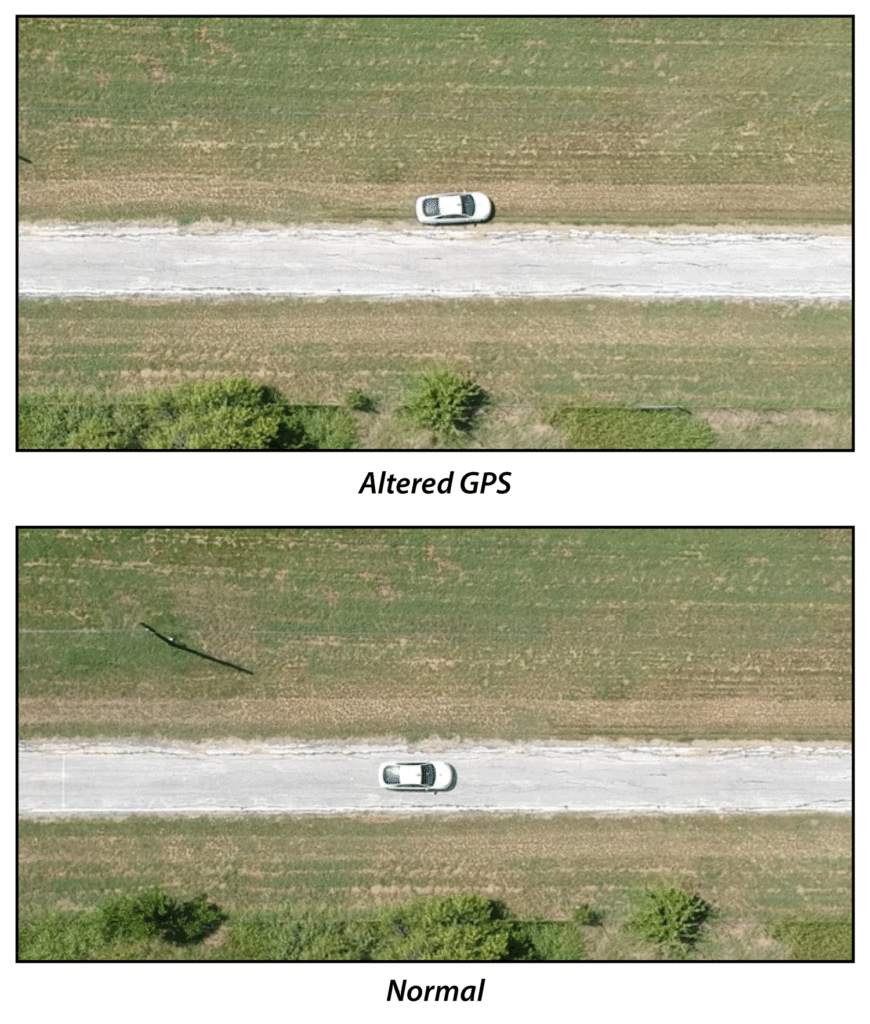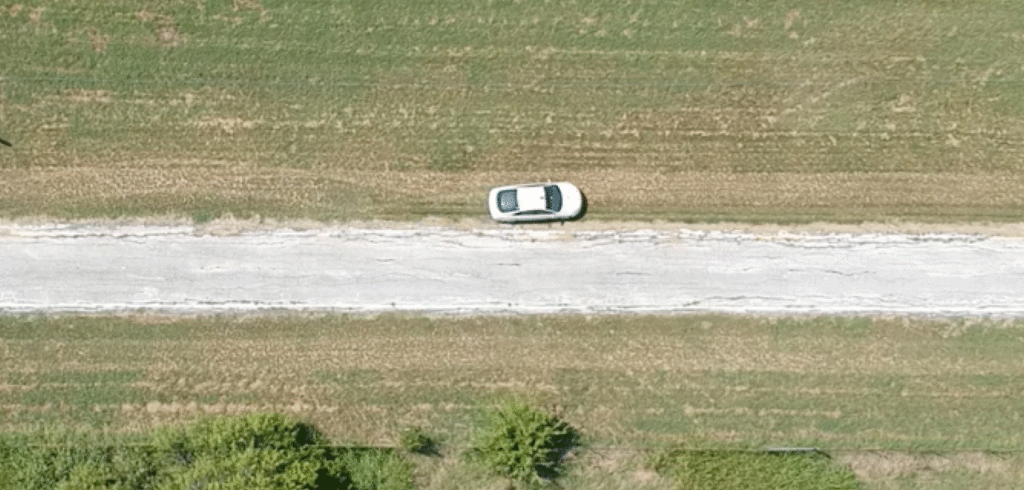Southwest Research Institute (SwRI) has developed a cybersecurity system to test for vulnerabilities in automated vehicles (AVs) and other technologies that use GPS receivers for positioning, navigation and timing.
GPS spoofing is a malicious attack that broadcasts incorrect signals to deceive GPS receivers, while GPS manipulation modifies a real GPS signal. SwRI designed the new tool to meet US federal regulations. Testing for GPS vulnerabilities in a mobile environment had previously been difficult as federal law prohibits over-the-air re-transmission of GPS signals without prior authorization.
“This is a legal way for us to improve the cyber resilience of autonomous vehicles by demonstrating a transmission of spoofed or manipulated GPS signals to allow for analysis of system responses,” said Victor Murray, head of SwRI’s Cyber Physical Systems Group, part of its Intelligent Systems Division.
SwRI’s spoofing test system places a physical component on or in line with a vehicle’s GPS antenna and a ground station that remotely controls the GPS signal. The system receives the actual GPS signal from an on-vehicle antenna, processes it and inserts a spoofed signal, and then broadcasts the spoofed signal to the GPS receiver on the vehicle. This gives the spoofing system full control over a GPS receiver.

While testing the system on an automated vehicle on a test track, engineers were able to alter the vehicle’s course by 10m (32ft), effectively causing it to drive off the road. The vehicle could also be forced to turn early or late.
“Most automated vehicles will not rely solely on GPS because they use a combination of sensors such as lidar, camera machine vision, GPS and other tools,” Murray said. “However, GPS is a basis for positioning in a lot of systems, so it is important for manufacturers to have the ability to design technology to address vulnerabilities.”
The new system was developed through SwRI’s internal research program. Future related research will explore the role of GPS spoofing in drones and aircraft.

Pics: Courtesy of Southwest Research Institute


